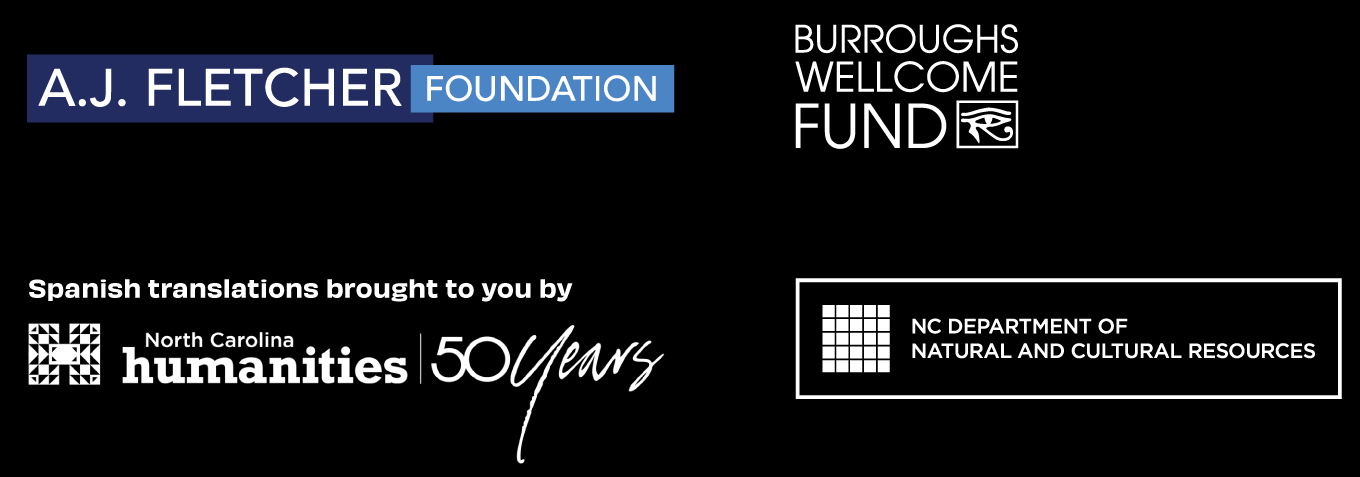Why is Understanding Race in the United States, and North Carolina, Important?
Racism is one of the most complicated, harmful, and long-lasting issues in the United States. It has been with us since the occupation of this country by colonists from Europe, and their first contact with the Native Americans. In the 21st century, there is still an overwhelming amount of racial ignorance and hostility in our country. You have likely seen headlines about the rise of White nationalism, the re-emergence of the KKK and White supremacy groups, anti-Asian attacks, and the controversies surrounding Confederate monuments and flags–to name a few.
Myth:
Racism ended with the Civil Rights Act of 1964
Reality:
Racism has been ingrained into the foundation of the United States and is still present to this day. Racist attitudes and beliefs persist, as seen with the resurgence of hate groups like the KKK. While there have been steps made to undo the racist past, many of the systems and policies have a lasting impact.
Myth:
Confederate monuments have been around since the end of the Civil War and serve to honor Confederate soldiers who died
Reality:
While some statues do serve this purpose, many were built long after the Civil War was over. The majority of the nearly 700 Confederate monuments were built during the era of Jim Crow segregation, with two spikes in the early 1900s and the 1960s. Both of those time periods were eras of extreme civil rights tension, and the monuments were meant to send a message of discouragement to activists
The time for deeper education on race is now.
This exhibit provides the opportunity to explore race through the different lenses of science, history, and lived experience–much of which will be relevant to North Carolina.
The goal of RACE: Are We So Different? is to help people better understand the origins of the concept of race and the realities of racism in everyday life in the United States. The exhibit clarifies misconceptions about race and human variation through the framework of science. It will help visitors better understand what race is–and what it is not–and how science has been misused to perpetuate racist systems in our society.
Race and racism are not unique to North Carolina. However, there are numerous North Carolina-based issues and events directly resulting from racist systems. Many of these topics are not taught or discussed adequately in schools–if at all. Some examples that this exhibit will highlight are:
- The Wilmington Coup of 1898
- The history of eugenics in North Carolina
- Warren County & the creation of the Environmental Justice movement
Stakeholders interviewed from around the state of North Carolina believed that the permanent presence of the RACE: Are We So Different? exhibit will provide all people the opportunity to learn more about this topic. To date, over four million people have seen the exhibition and/or visited the understandingrace.org website. With the development of the RACE: Are We So Different? - NCMNS exhibit and digital resources, we hope to provide more people with this vital information.
